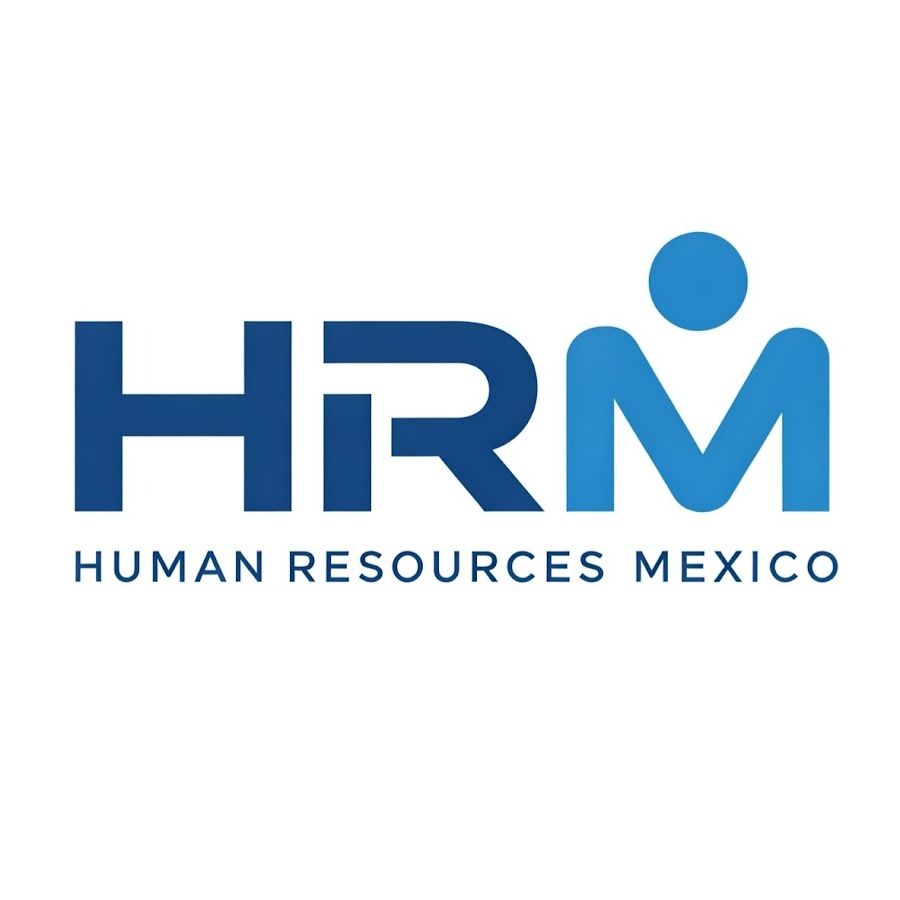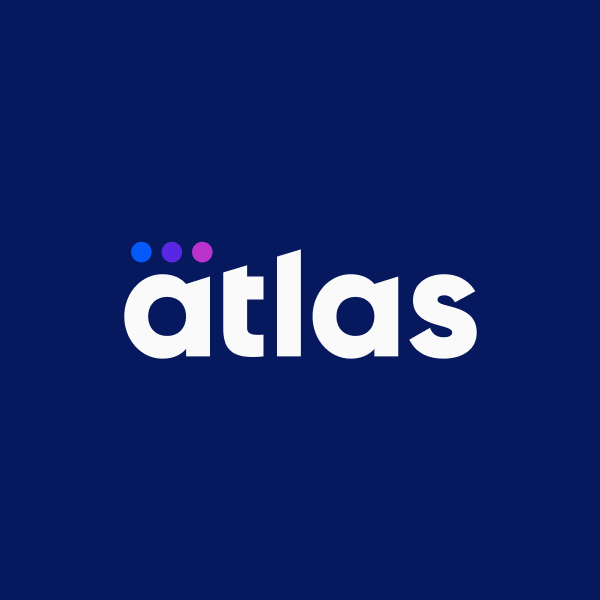“Employee loyalty is dead. No one wants to work anymore.”
Have you heard that from anyone recently? I know I have. Having worked in HR for 20 years, I have kept a pulse on the labor market, labor trends, and all things HR. Take it from me – it’s simply not true.
You CAN have loyal employees that stick with you long term – and employees that want to work. The key is redefining what employee loyalty means and taking a hard look at the experience your employees have at your company throughout their tenure.
This article examines what you gain from fostering employee loyalty within your workplace culture. I also cover actionable strategies that drive employee loyalty, such as employee rewards programs, great case studies from Apple, Google, and Taylor Swift, and the employee needs we must meet before loyalty can be established.
Why Employee Loyalty Matters
When we talk about loyalty in the context of the workplace, we’re not referring to blind allegiance. We’re also not talking about a mere sense of duty as an expectation of the basic employment agreement — the employee performs tasks in exchange for pay and benefits. We also aren’t talking about the “loyalty” of a bygone era, where employees would pick one company to work for and stay there until retirement, no matter what. (Remember, not many companies offer pensions anymore.)
Employee loyalty has shifted into something different but more valuable. Now, I would define employee loyalty as a profound commitment and emotional connection that employees have toward their work and their workplace. This shift has a profound impact on the success of any company.
Employee loyalty, in its essence, is about more than staying with an organization for an extended period. True employee loyalty is employees' unwavering dedication and enthusiasm toward their work, their colleagues, and the company’s goals.
Studies show that companies with a loyal workforce tend to be more productive and profitable. When employees feel invested in the success of their organization, they go above and beyond to deliver exceptional results. This intrinsic motivation often leads to increased productivity, reduced turnover rates, higher customer satisfaction, and, ultimately, improved bottom-line profitability.
Good Boss vs. Bad Boss
It makes sense when you think about it. Try this: Do you remember the last time you had a terrible boss? How did that impact your experience in that job? Now think about the last time that you had a great boss. How did that affect your experience in that job?
When you compare the two experiences, you’ll likely find that for the excellent boss, you were more invested in your work, cared more about your results and deliverables, and were willing to go the extra mile so that you could deliver great work.
In contrast, when you had a poor employee experience, you likely weren’t as willing to take your performance to the next level. You were probably dreaming about landing your next opportunity somewhere else with greener grass. In a toxic leadership environment, it’s common for even the best employees to be underperforming compared to their potential.
That’s normal. The impact leaders have on our experience as employees and, by proxy, employee motivation to do hard work makes a profound difference. That said, management and employee relations aren’t the only keys to unlocking employee loyalty. It takes looking at the employee experience through the entire employee lifecycle to really make a dent in employee retention, engagement, and commitment. We must be intentional about instilling core values that create a work environment where loyalty is a natural employment progression. Enter the employee loyalty program.
Employee Loyalty Programs
When you think about companies with exceptional loyalty programs for their employees, what companies come to mind? Let's think about loyalty using our new definition (which encompasses employee rewards and engagement). In that case, some organizations hitting it out of the park include Apple, Inc., and Alphabet (Google's parent company).
Apple
Apple was named one of the Top 10 employers to work for by LinkedIn, based on job demand, engagement, treatment of and investment in employees, and (of course) employee retention.
Their loyalty programs encompass short- and long-term strategies, such as a comprehensive benefits package that includes pet-sitting services, mental health support, professional development programs, and incentives for employees to participate in volunteer activities for charitable organizations.
Alphabet (Google)
Google has an excellent, people-first company culture with exceptional loyalty programs. In addition to competitive compensation, the company offers employees various types of rewards and perks as part of their loyalty initiatives. These include free healthy meals, on-site laundry facilities, fitness facilities, child care, and extensive paid leave. They’ve created a fun atmosphere for their staff and made work a one-stop shop for their needs, providing them with an excellent work-life balance and lifestyle. As a result, Google is also considered a top U.S. employer.
Log on to TikTok, and you’ll see videos from employees at both companies showing off the workspace atmosphere, talking about their perks, and sharing how much they love to work for their employer. Here’s a random sample.
Taylor Swift
Another example we can look to is none other than Taylor Swift. Have you ever noticed that she has kept the same backup singers, dancers, and other crew members for over a decade? It’s not just because of the allure of being with Taylor Swift. She treats them very well, and they love working on her team.
When I say she treats them well, I’m not only talking about how down-to-earth and kind she is in her interactions. Recently, on the Eras Tour, she gifted her entire team significant monetary bonuses to thank them – including $100k bonuses for her truck drivers hauling her set and equipment throughout her stops in the U.S.
It's easy to see why these organizations have loyal employees that stick around.
Realistically, though, not all companies have the same resources as Apple, Google, and Taylor Swift. That said, there is still plenty an employer of any size can do to drive employee loyalty.
What Drives Employee Loyalty?
Employee loyalty is built on a positive company culture (i.e., a culture of recognition), excellent leadership and employee relationships, mutual trust, psychological safety, and a shared purpose between staff and the organization’s mission and vision.
Combine this kind of culture and purpose with recognition programs that include monetary incentives and other types of rewards based on genuine appreciation, and you’ve got a winning path to retention.
Transparent communication with team members and consistent feedback also strengthen loyalty. Employees with real-time insight into business operations, successes, and challenges feel more connected and informed about their roles and the company’s direction.
Combined with the foundation of a positive company culture and strong leadership we discussed above, these elements boost employee morale. In turn, these efforts create an environment where loyalty naturally thrives, driving long-term commitment and success both for the employees and the organization.

Understanding Employee Needs
What does it take to get loyal employees? What do employees need, and what do they want to stay and knock it out of the park?
You may think employees just want more vacation time, higher wages for less work, or more frequent company happy hours. Some employees may actually want those things. But in terms of cultivating a culture of employee engagement and garnering the highest levels of commitment, employees want so much more.
Employee Performance Follows Support
First of all, employees want to be set up for success. Meaning they don’t want to be put into a position where they are bound to fail.
Before you can have high-performing employees, you have to facilitate success. This includes ensuring they have the right tools, equipment, and resources for the job, along with a solid team and supportive boss. How can they succeed if they don’t have what they need to perform their duties?
Clear Goals, Not a To-Do List
Employees want meaningful work – work that they find challenging, exciting, or fulfilling in some way. They also want and need a clear understanding of your expectations for them. It’s tough not to know if you’re doing things right or even if you’re doing the right things.
Defining what “great work” looks like is critical in achieving it. There should be consistency in an employee's daily tasks, their KPIs for performance management, and the success criteria of any rewards programs your organization offers.
If this isn’t the case, the motivation falls away. For example, suppose an employee rewards program or incentive program is solely based on new sales, but the expectation of the sales team is also to prioritize after-sales service. In that case, you’re sending a mixed message.
Career Development and Growth
Employees want to perform well and progress. It’s true! People WANT to do a good job. Even if there aren’t promotional opportunities available at your organization, they want to continue bettering themselves, honing their skills, and developing professionally. They also want consistent feedback that’s positive and constructive. They want to know that the work they do is valued and appreciated.
To ensure that employees get this feedback consistently and fairly, it’s good to formalize it. You can invest in an employee recognition program that facilitates top-down and peer recognition. You can also look at various types of rewards that can act as employee incentives and physical evidence of their excellence.
The best reward programs are based on a well-thought-out combination of small spot rewards (think gift cards and other small tokens), more significant monetary rewards and other forms of incentive compensation, and meaningful gestures.
A Culture of Care
Employees want to know that they are cared for and that they matter; they aren’t just warm bodies filling a seat. They want to know that their contributions make a difference for your organization.
Of course, they also want to be treated fairly.
Employees aren’t asking for the moon, and these are reasonable requests. When employees have these needs met, they are more likely to be engaged and to stay. Good managers and good organizations realize this and work to meet these needs.
Creating a Positive Company Culture that Fosters Loyalty
Creating a company culture that promotes employee loyalty takes time and continuous monitoring. It can sound overwhelming, but the employee lifecycle, from onboarding to eventual departure, offers numerous opportunities for employers to foster a positive culture and build loyalty.
The Beginning
During the onboarding phase, creating a welcoming and informative experience is crucial. Through thoughtful employee orientation efforts, employers can ensure new hires are properly introduced to the company’s mission, values, and culture and are provided with clear role expectations and resources.
Mentorship programs can be established to guide new employees through their initial months, helping them integrate smoothly into the team.
The Middle
As employees progress, regular check-ins and performance reviews become vital. These should be seen not just as formalities but as genuine opportunities for feedback and growth.
Employers can offer personalized training and development plans aligned with both the company’s objectives and the employee’s career aspirations. This demonstrates an investment in the employee’s professional growth, which is a crucial driver of loyalty.
As employees mature in their roles, recognition of their contributions becomes increasingly essential. Employers can implement recognition programs that celebrate milestones and achievements, both big and small. This could range from Employee of the Month awards to acknowledging work anniversaries or significant project completions.
Employers should also provide platforms for employees to voice their ideas and feedback, ensuring they feel heard and valued.
Regarding work-life balance, offering flexible working options, such as remote work or flexible hours, can significantly enhance employee satisfaction and loyalty.
Another great way to focus on loyalty and retention is through conducting “stay interviews” to understand what keeps employees engaged and address any concerns that might lead to turnover.
The End
Finally, when an employee decides to leave, conducting a thorough exit interview as part of the offboarding process can provide valuable insights into improving the culture for current and future employees.
Throughout this lifecycle, consistent and genuine efforts to prioritize employee well-being and engagement at every stage not only foster loyalty but also shape a positive and enduring company culture.
My Conclusion on Employee Loyalty
Employee loyalty isn’t dead or some relic of the past.
Employees do want to work, and you can drive loyalty and retention. It takes redefining what loyalty means and understanding that loyalty is not about mere longevity or passive contentment. It is a deep-seated commitment that flourishes in a nurturing environment.
Employers have the power and responsibility to create this environment through thoughtful strategies and practices. Employers can cultivate a culture of loyalty by focusing on the employee experience throughout their tenure, from onboarding to departure, prioritizing elements like recognition, work-life balance, and opportunities for growth. This culture benefits the employees and contributes significantly to the organization’s success.
The examples of companies like Apple and Google and figures like Taylor Swift illustrate that while resources may vary, the principles of respect, appreciation, and genuine care are universal.
Ultimately, the path to achieving a loyal workforce is paved with consistent efforts to understand and meet the evolving needs of employees, thereby building a mutually beneficial relationship between the employees and the organization.
























